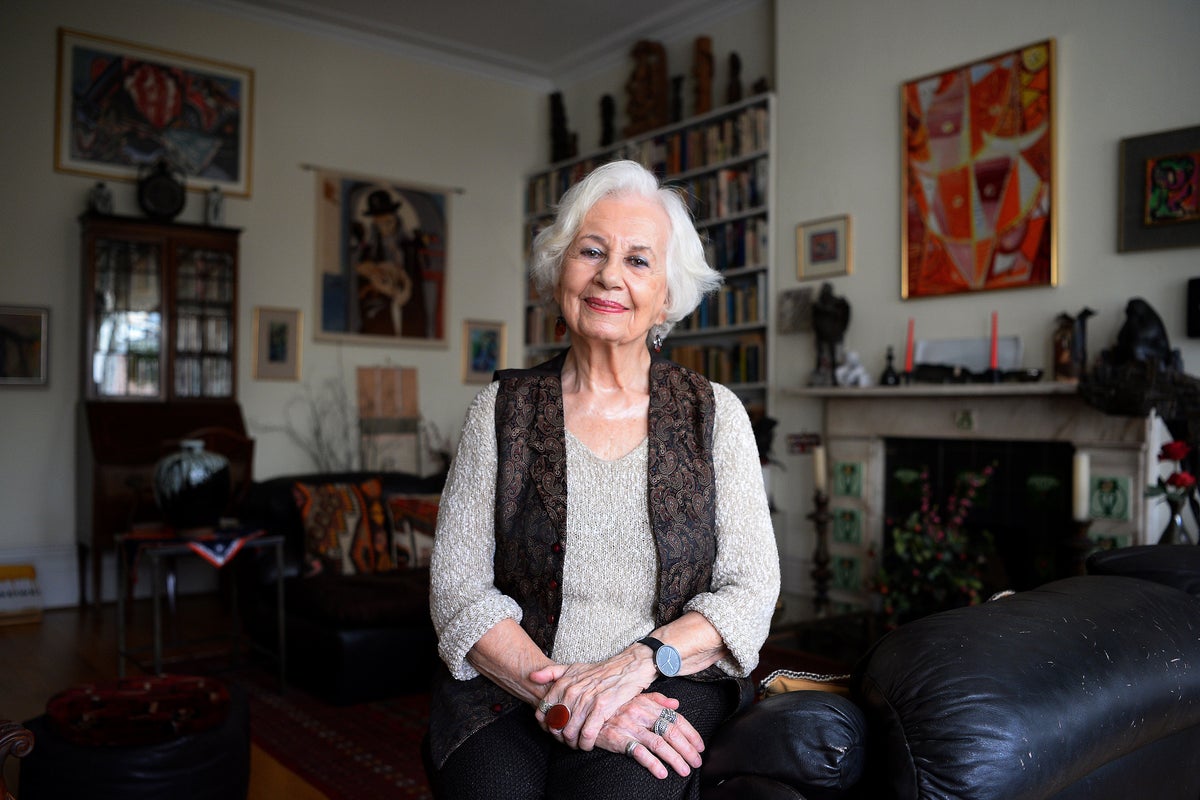
A Holocaust survivor and her husband emailed friends and family to tell them they had decided to die by suicide after feeling they were “not living but existing”.
Ruth Posner, 96, and her partner Michael, 97, scheduled the message to send to loved ones after they had died at a Swiss clinic on Tuesday.
The couple, who had been married for almost 75 years, wrote: “Dear family and friends, so sorry not to have mentioned it but when you receive this email we will have ‘shuffled off this mortal coil’” in a communication seen by The Times.
They explained that the decision was “mutual and without any outside pressure”.
“We had lived a long life and together for almost 75 years,” it continued.
“There came a point when failing senses, of sight and hearing and lack of energy was not living but existing that no care would improve.
“We had an interesting and varied life and except for the sorrow of losing Jeremy, our son. We enjoyed our time together, we tried not to regret the past, live in the present and not to expect too much from the future. Much love, Ruth and Mike.”
The couple’s friend Sonja Linden, told the publication that they had made the difficult decision “some time ago” and “wanted to die together.”
They were turned away by Dignitas clinic in Zurich as they did not have proof they had less than six months to live and turned to Pegasos clinic near Basel.
Mrs Posner fled the horrors of the Warsaw ghetto and arrived in the UK aged 16 after her family had all been killed in the Treblinka concentration camp. Only she and her aunt survived.
She trained as an actor, working with the Royal Shakespeare Company and starred in films including Leon the Pig Farmer and Love Hurts. Her TV roles included The Ruth Rendell Mysteries and Casualty, with one of her final appearances was as the princess Katya in BBC series Count Arthur Strong.
She met her husband at a dance in London and the couple married in 1950. They travelled across the world for his work as a chemist for Unilever and Unicef, before settling in Belsize Park in north London. They had one son, Jeremy, who died during recovery from heroin addiction, aged 37. They are survived by a grandson.
The actor and dancer did not speak about her experience as a survivor until many years after she had settled into Britain. She was awarded a British Empire Medal in the 2022 new year’s honours list for services to Holocaust education.
The Holocaust Educational Trust released a statement mourning the loss, writing: “Ruth was an extraordinary woman. She survived the Radom Ghetto, slave labour and life in hiding under a false identity. By the end of the war, Ruth and her aunt were the only surviving members of her family.
“After a dazzling career in theatre and dance, Ruth decided to begin sharing her testimony as a response to rising levels of antisemitism in the UK. Although then in her eighties, she made it her mission to speak to as many young people as possible about her experiences during the Holocaust.
“She hoped that the leaders of tomorrow would learn the lessons of the past. Ruth was one of a kind. Full of charisma and warmth, she left an impression on everyone she met. We will miss her.”
